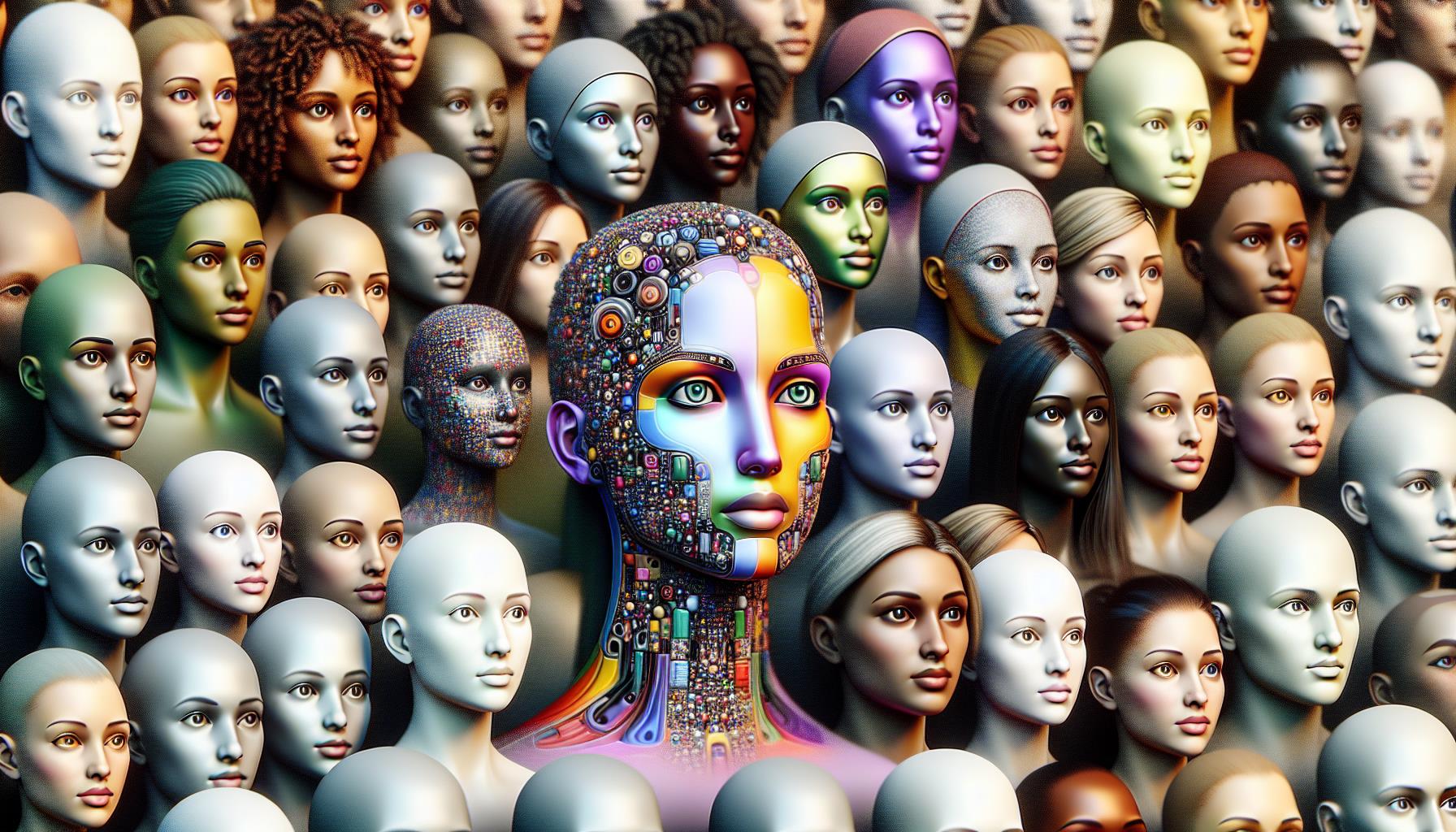Artificial Intelligence (AI) agents, as recently covered by Wired Magazine, are rapidly becoming integral to our digital ecosystem. These sophisticated algorithms are not just streamlining operations but are poised to revolutionize the way we interact with technology. From serving as digital assistants that manage our daily tasks to acting as decision-makers in critical business operations, AI agents are set to expand their roles significantly. The potential of these agents to automate complex tasks, provide innovative insights, and even partner creatively with humans is immense, promising a future where AI is a central pillar in various industries.
Moreover, the capabilities of AI agents extend beyond mere task automation. They are increasingly involved in creative processes, generating art, writing, and even music, showcasing their potential as partners in creativity. This evolution marks a significant shift in how we perceive technology’s role in not just augmenting human capabilities but also in collaborating on a creative level.
Regulatory Challenges and the Need for AI Expertise
However, the rapid advancement and integration of AI agents into our lives bring forth significant ethical and regulatory challenges. Wired Magazine emphasizes the crucial need for regulatory bodies to possess deep AI expertise. As AI agents become more embedded in critical sectors, the importance of ensuring they operate ethically, responsibly, and transparently cannot be overstated. The complexity of AI technologies necessitates regulators who are not only knowledgeable about current AI capabilities but are also adept at anticipating future developments and challenges.
There is a growing consensus among experts and stakeholders that innovation in AI should be matched with stringent oversight. This balance is essential to harness the benefits of AI agents while mitigating risks associated with privacy, security, and ethical concerns. The call for regulatory bodies to be equipped with AI expertise is a step toward achieving this balance, ensuring that AI development progresses in a manner that is beneficial and safe for society.
Impact on Industries and Workforce
The potential of AI agents to transform industries is already being witnessed across sectors such as healthcare, finance, and manufacturing. By automating complex tasks, these agents are not only improving efficiency but are also enabling the discovery of new insights through data analysis. This capability is particularly valuable in fields like healthcare, where AI-driven diagnostics can lead to early detection of diseases and personalized treatment plans.
However, the integration of AI agents also raises concerns about the future of the workforce. While AI has the potential to create new job opportunities and enhance productivity, there is also the risk of job displacement. Addressing these concerns requires thoughtful policies and initiatives aimed at reskilling and upskilling workers to thrive in an AI-enhanced job market.
The Role of Ethical AI
The ethical considerations surrounding AI agents are at the forefront of discussions about the technology’s future. Ensuring that AI operates within ethical boundaries is paramount to its acceptance and success. This includes issues of bias, privacy, and the potential for misuse. Developing AI agents that are not only efficient and effective but also fair and transparent is a challenge that developers and regulators must tackle together.
Wired Magazine’s coverage highlights the importance of ethical AI development, advocating for frameworks that guide the responsible creation and deployment of AI technologies. By prioritizing ethical considerations, the tech community can foster trust and confidence in AI agents, paving the way for their positive impact on society.
The Future of AI Agents
As we look to the future, the trajectory of AI agents is poised for remarkable growth. Their potential to act as digital assistants, decision-makers, and creative partners opens up a world of possibilities. However, realizing this potential requires addressing the significant challenges that come with it, particularly in the realms of regulation and ethics.
Wired Magazine’s coverage serves as a crucial reminder of the dual nature of AI development: while the opportunities are vast, the responsibilities are equally significant. The future of AI agents will be shaped not only by technological advancements but also by our collective efforts to ensure they serve the greater good. As AI continues to evolve, the need for a balanced approach that embraces innovation while enforcing stringent oversight will be more important than ever.
